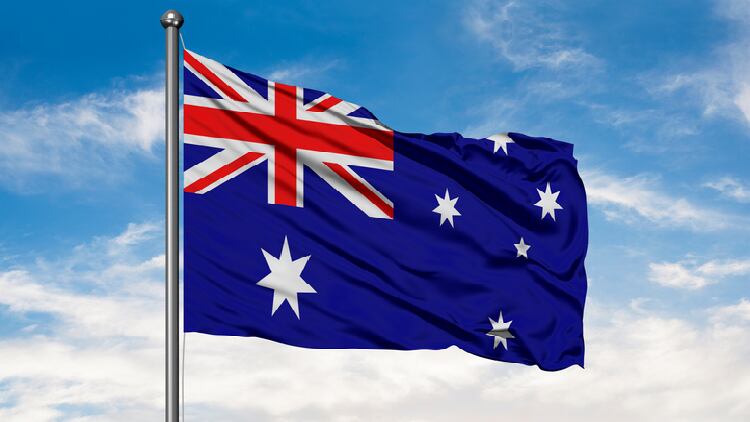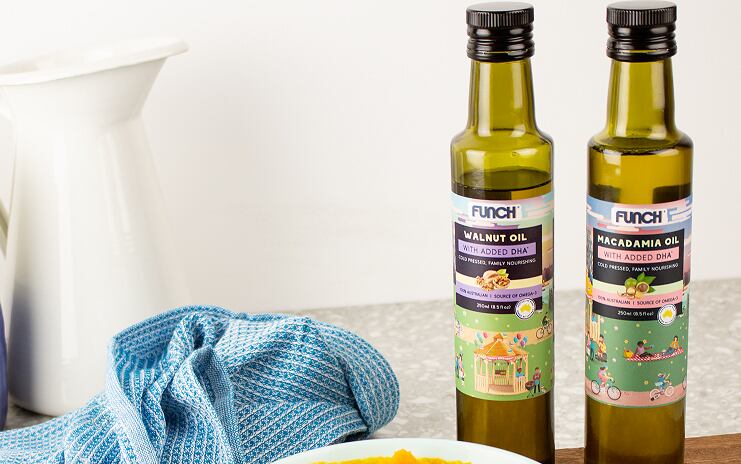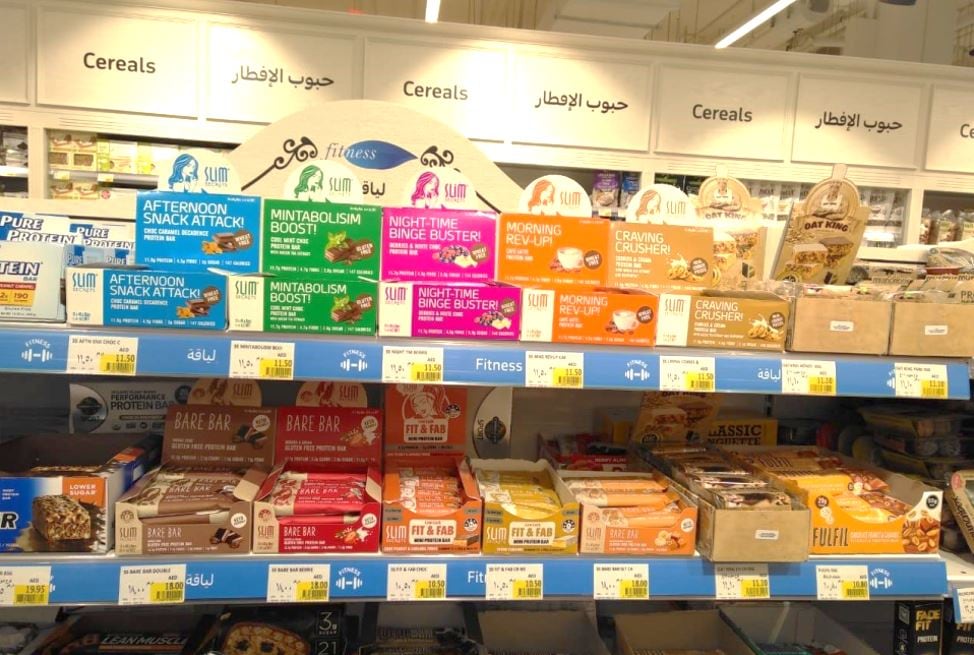This is according to new data published by Complementary Medicines Australia (CMA) in its Industry Audit 2021 report.
The sector valued at AUD$5.69bn (US$4.2bn) last year, up 1.5 per cent from the year before.
Similar to last year, the biggest category was vitamin and dietary supplements valued at AUD$3.1bn (US$2.3bn), followed by sports supplements at AUD$1.4bn (US$1.05bn), herbal products at AUD$750m (US$563m), and weight loss products at AUD$440m (US$330m).
However, export revenue was down 14.15 per cent to AUD$1bn (US$751m).
Australia remained the number one exporter of supplements to China and Hong Kong, where 70 per cent of exports went into the two markets last year.
Next in line were Vietnam, Oceania, and South Korea, which comprised 8.7 per cent, six per cent, and 5.2 per cent of Australia's total complementary medicines exports last year.
The remaining 10.8 per cent of exports went to other countries. Of which, five destinations were first-time export markets for Australia. They were Iran, Israel, Brazil, Ireland, and Russia.
In Iran, exports hit AUD$905k (US$680k) just within a year of entering the market, Carl Gibson, CEO of CMA told NutraIngredients-Asia, based on official numbers from Austrade.
Caruso’s Natural Health is the company which has ventured into the country.
According to its Instagram page, its products could be purchased from the website of Exir Teb Parnian – an importer and distributor of natural health products, OTC, and pharma products in the Middle East.
Examples of Caruso’s Natural Health’s products sold in Iran include Super Magnesium Powder, Super Collagen Builder, sexual health product ErectOmax, cramp relief product Cramps Away, Kids Calm & Behaviour, and Quick Fibre Plus.
Asked the market opportunities for complementary medicines in the Middle East, Gibson said there would be demand for vitamin D in the region.
“The Middle East is very similar to Australia, where we suffer from vitamin D deficiency because it is too hot to go outside in the daytime, and so people are not getting enough vitamin D from the sun.”
A study by Paul Lips et al showed that vitamin D deficiency affects up to 80 per cent of the population in the Middle East.
Local contacts and connections are vital for expansion into the new markets, he added.
“Today, we are exporting 20 per cent of all of our products. Throughout the years, what we have learnt is that you need to have either a team or partners on the ground to help you,” he said.
South East Asia
Several South East Asian (SEA) markets including Cambodia, Malaysia, Singapore, and Thailand were identified as “future target markets”, alongside India and the UK, said the report.
The growth rate of exports into Vietnam almost doubled from AUD$49m (US$36m) in 2018 to AUD$80m (US$60m) last year.
Thailand saw an eight-fold growth from AUD$2.5m (US$1.8m) to AUD$20m (US$15m) between 2019 and last year.
Cambodia, on the other hand, is now Australia’s complementary medicines’ 26th biggest export market.
“Cambodia has been on our target for the last five to six years and I will say it has slow growth. In 2018, we sold AUD$270k (US$202k) worth of products and last year we sold AUD$650k (US$488k) worth of products.
“It is not huge, but we do see potential in Cambodia, Thailand and Vietnam,” Gibson said.
He identified three factors for the appeal of Australian brands in these countries, namely the good reputation of Australian-made products, a growing middle class with higher disposable income, and an ageing population.
Domestic consumption
A survey conducted last May found that vitamin D was the most commonly consumed vitamin/supplement among Australians.
The study, conducted via YouGov Galaxy Omnibus between May 15 and 18 last year, collected responses from 1,034 Australians aged 18 and above.
Seven in 10 said they regularly used a complementary medicine.
Four in 10 said vitamin D was the dietary vitamin/supplement that they typically took, while multivitamins and vitamin C also made it into the top three most commonly used product.
Other popular products included fish oil (31 per cent), iron (25 per cent), vitamin B (24 per cent), calcium (22 per cent), probiotics (19 per cent), and vitamin E (14 per cent).
Gender wise, more men bought omega-3 fatty acids or fish oil products as compared to women, while the opposite is true for all other products.
Reasons stifling last year’s growth
Reflecting on the growth rate of 1.5 per cent last year, Gibson said better hygiene habits and a milder cold and flu season had led to a drop in demand for cold and flu products.
“The majority of the cold and flu products didn’t sell well, because we had a very benign cold and flu season and with better hygiene habits, people staying indoors and practising social distancing, there was probably AUD$500m to AUD$600m worth of cold and flu sales which did not happen.
“What the industry had done to make up for the shortfall was to pivot it to more immunity products.
“So, while it may only look like a 1.5 per cent growth, what's interesting is when you compare that with the output from manufacturing (of the supplements), you are seeing growth of 2.7 per cent,” he said.
On the other hand, increased demand for immunity products, pre/probiotics, echinacea, vitamin C, D and other single vitamins have offset the decline in the sales of cold and flu products.
“Last year was a challenge for everyone, not just with people in lockdown and social distancing, but consumers are also not spending as much time in the shops as they used to, and we have had supply chain issues as well. Like many other countries, we are dependent on the world's best ingredients coming from all over the world and we had challenges with freight.
“So, to get any growth in such circumstances, we are actually delighted to actually report some growth,” said Gibson.





